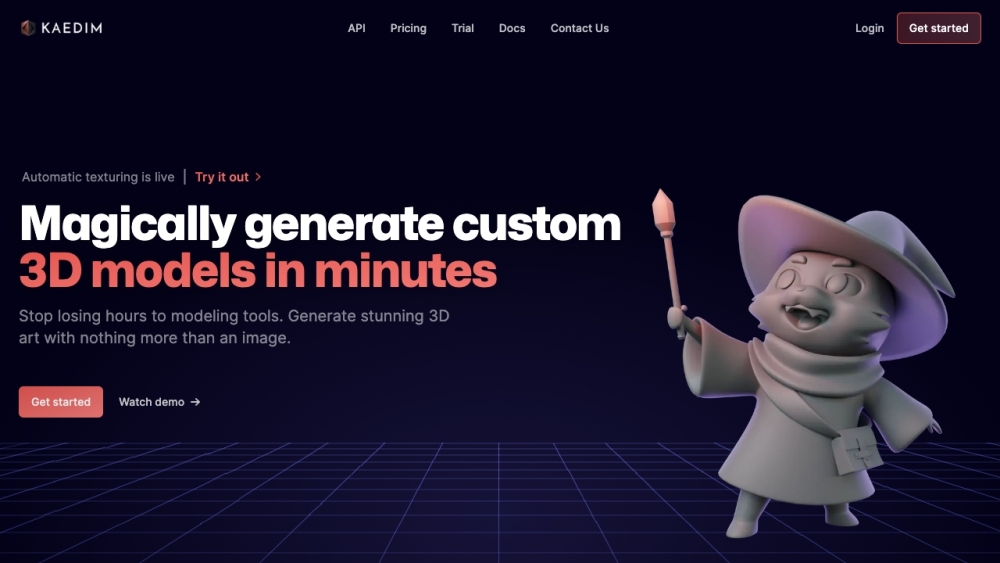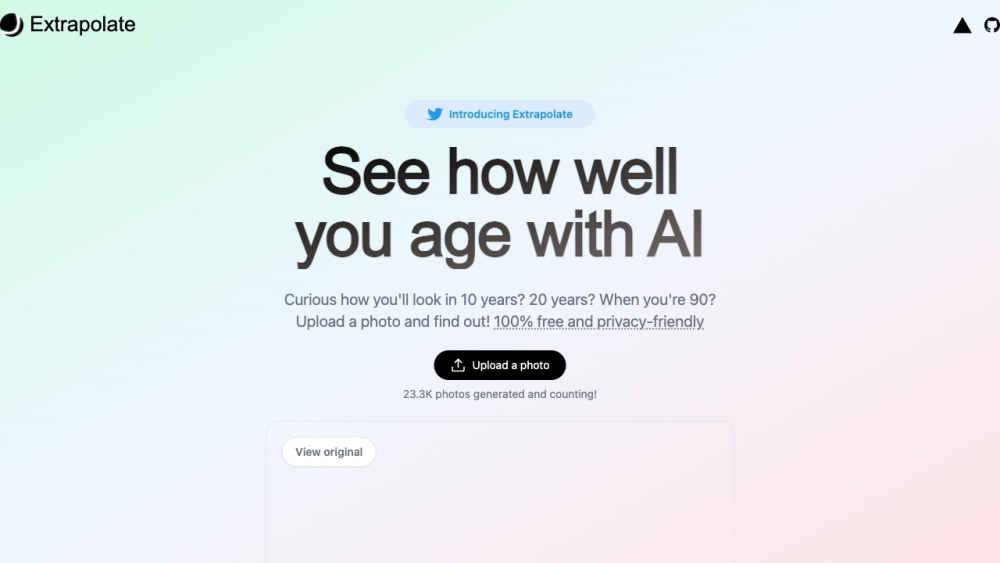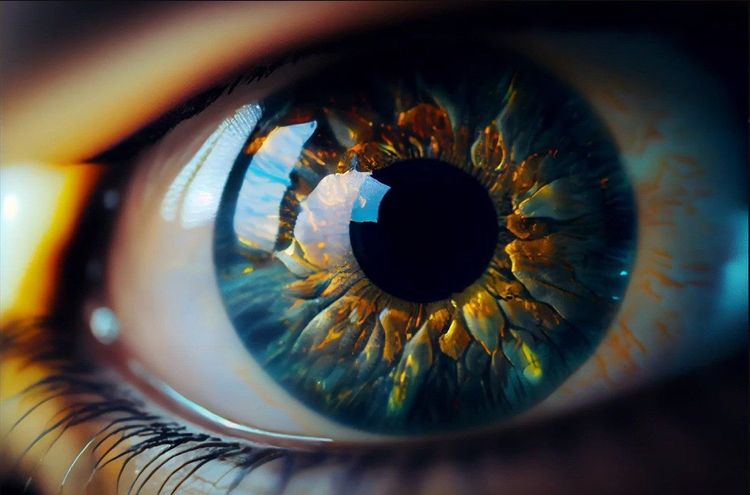Beyoncé’s hotly anticipated track “Cowboy Carter” has only been available for a few days, yet it’s already making headlines and breaking streaming records. The artist herself described it as “the best music [she’s] ever made.” However, amidst the excitement surrounding the release, Beyoncé made a poignant statement addressing the increasing role of AI in the music industry.
“The joy of creating music is that there are no rules,” Beyoncé noted. “As the world evolves, I felt a stronger connection to purity. With the rise of artificial intelligence and digital tools, I wanted to return to real instruments.”
Beyoncé's rare interviews lend added weight to her comments about her latest album. Each insight offers fans a glimpse into the themes of the project and how they intertwine. Her position on AI isn’t merely casual; it’s a thoughtful critique of the technology’s impact on artistry.
The primary concern surrounding AI-generated art lies in how it operates. AI music generators can quickly create new tracks and convincingly mimic artists’ vocal styles, often by utilizing the very works of the artists they could potentially replace. Large language models and diffusion models depend on extensive datasets of text, images, and sounds for their output. Prominent companies like OpenAI and Stability AI have faced backlash for using copyrighted materials without proper consent. Stability AI’s music model may be built on licensed stock music, but their image generator, Stable Diffusion, has garnered criticism for its questionable training practices. Ed Newton-Rex, formerly VP of Audio at Stability AI, resigned in protest, citing his disagreement with the company's view on the “fair use” of copyrighted works for AI training.
It’s no surprise that artists like Beyoncé have strong reservations about this technology. Many AI models are trained on the works of artists without their permission, creating an even tougher landscape for emerging musicians lacking industry protection. In this light, Beyoncé’s comments resonate deeply within the context of “Cowboy Carter.”
While the track doesn’t explicitly address AI, it touches on the broader themes of theft and appropriation within the arts. Through the album, Beyoncé educates listeners about the pivotal role Black musicians played in shaping country music, a genre often misrepresented as solely a reflection of Southern white culture.
The very title, “Cowboy Carter,” highlights the appropriation of Black music for the benefit of white artists. The reference to “Carter” can signify both Beyoncé's married name and the iconic Carters, a family deeply rooted in country music history. These Carters capitalized on the work of Black musicians to create the genre we recognize today, which frequently sidelines its Black contributors. A stark reminder of this occurred recently when an Oklahoma country radio station refused to play Beyoncé’s “Texas Hold ‘Em,” claiming she did not fit their definition of a country artist. Beyoncé's critique of AI unveils a parallel injustice: artists’ work is again misappropriated without credit or compensation for their cultural contributions.
The album features moments when legendary country musician Willie Nelson appears on a radio show called “Smoke Hour.” His first mention precedes the track “Texas Hold ‘Em,” infusing the moment with additional resonance in light of the Oklahoma incident. Nelson humorously advises listeners, “Now for this next tune, I want y’all to sit back, inhale, and go to the good place your mind likes to wander off to. And if you don’t wanna go, go find yourself a jukebox.”
In Beyoncé’s envisioned world, the jukebox and radio make a comeback, where Black musicians are free to express themselves without interruption, and no artist’s work gets exploited.





